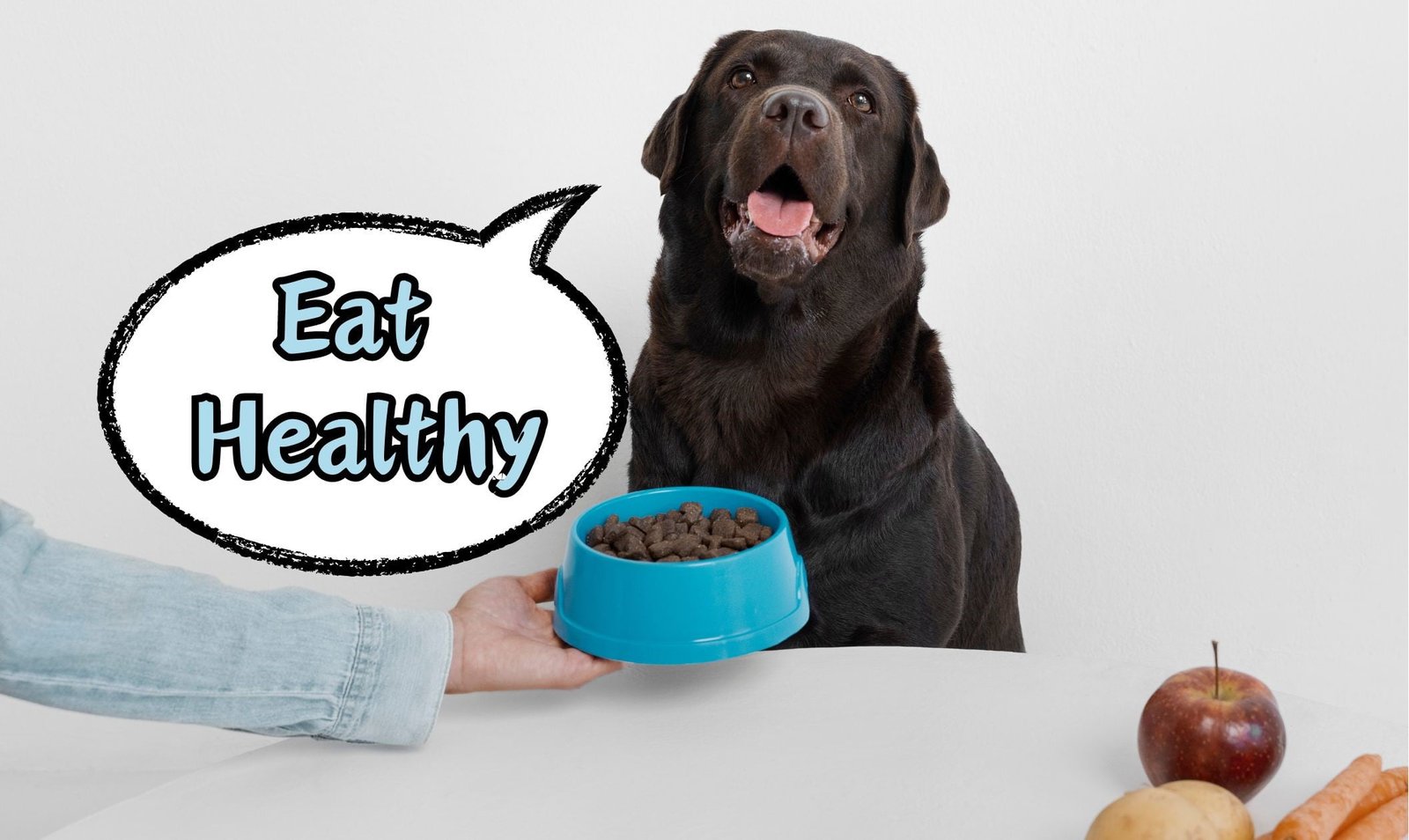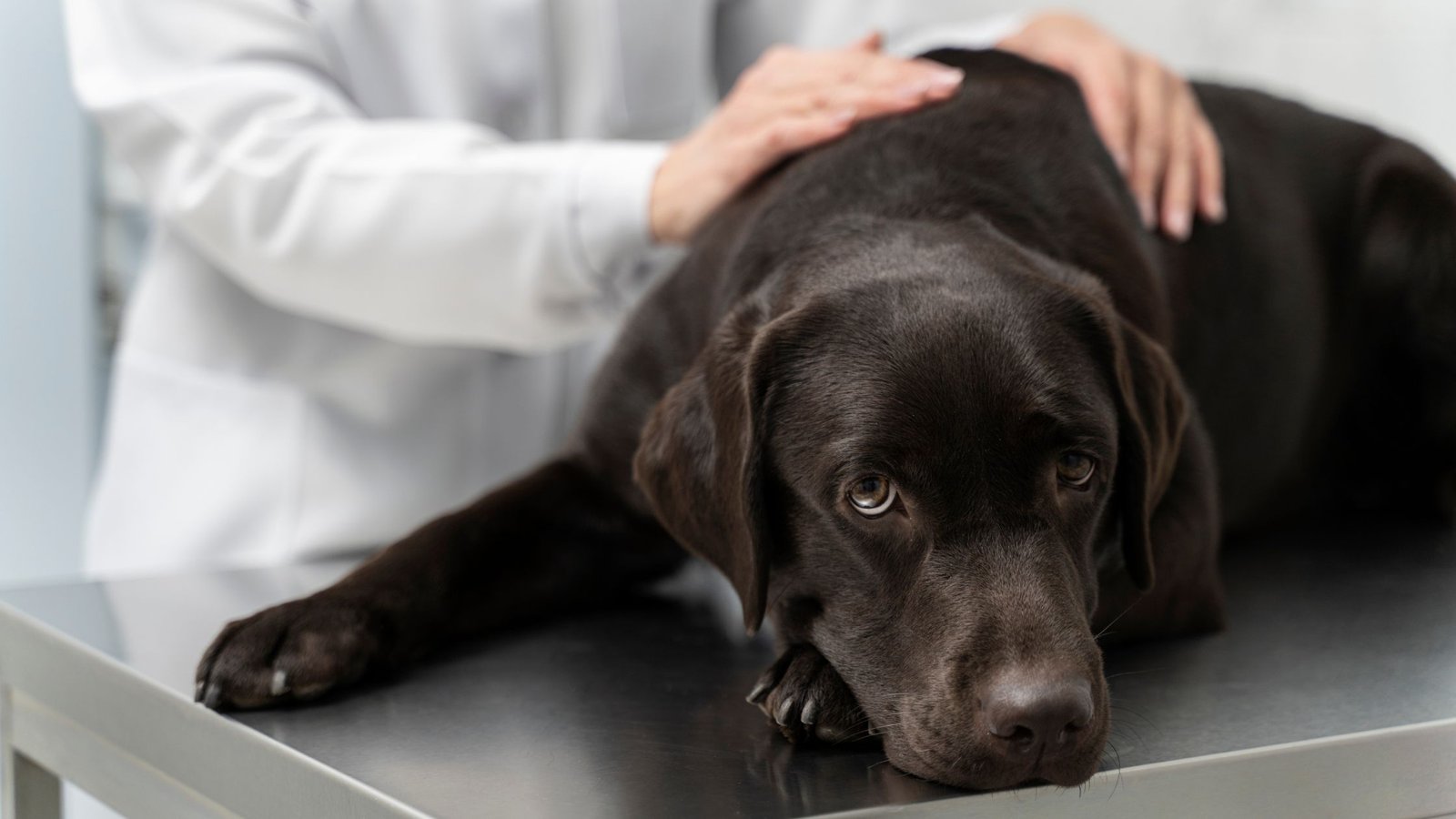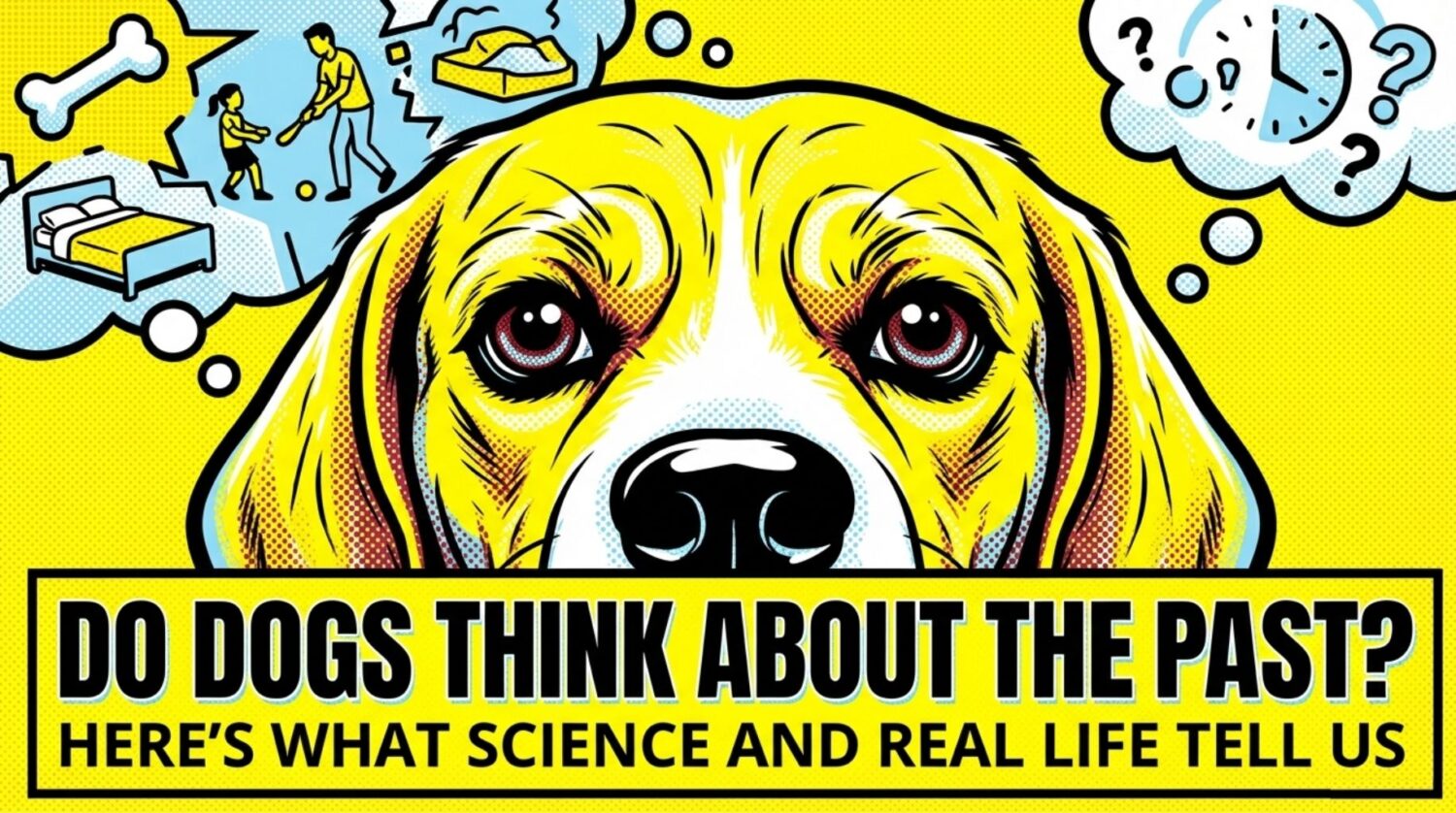Dogs are our loyal companions, our best friends, and our family members. We want them to be always healthy and happy all the time! Check out the most common dog health misconceptions!

THE MOST COMMON MISCONCEPTIONS ABOUT DOG HEALTH
Sometimes we may have some wrong or outdated beliefs about their health that can affect their well-being. In this article, we will debunk some of the most common misconceptions about dog health, based on the following topics below!
The Top Common misconceptions about dog health are the Vaccinations
Vaccinations are one of the most effective ways to prevent diseases in dogs. Some of them are: rabies, parvovirus, distemper, and leptospirosis.
However, some people may have some misconceptions about vaccinations, such as:
Vaccinations are not necessary for indoor dogs. This is false.
Indoor dogs can still be exposed to diseases through contact with other animals, people, or objects that carry the pathogens. For example, rabies can be transmitted by bats that can enter homes through windows or chimneys.
Vaccinations will protect your dogs
Vaccinations can cause autism or cancer in dogs. This is also false. There is no scientific evidence that links vaccinations to autism or cancer in dogs. In fact, vaccinations can protect dogs from certain types of cancer. Dangerous one is canine transmissible venereal tumor (CTVT), which is caused by a contagious virus. Vaccinations should be given every year. This is not always true.
The frequency and type of vaccinations depend on your dog’s age, breed, lifestyle, and health condition. Some vaccinations are required by law (e.g., rabies), while others are optional or recommended (e.g., bordetella). Some vaccinations provide lifelong immunity, while others need to be repeated every few years or more often. You should consult your veterinarian for the best vaccination schedule for your dog.
The Second most Common misconceptions about dog health is Nutrition
Nutrition is another important aspect of keeping your dog healthy and live longer. A proper diet should provide your dog with all the essential nutrients. They are protein, fat, carbohydrates, vitamins, minerals, and water, that they need for their growth, development, and maintenance.
However, some people may have some misconceptions about nutrition, such as:
Human food is safe for dogs. This is not true.
Some human foods are harmful or toxic to dogs! Some of them are chocolate, grapes, raisins, onions, garlic, macadamia nuts, xylitol, alcohol, and caffeine. These foods can cause vomiting, diarrhea, seizures, liver failure, kidney failure, or even death in dogs.

GRAIN-FREE AND RAW DIETS
Grain-free diets are better for dogs. This is not necessarily true. Grain-free diets are not inherently healthier or superior to grain-inclusive diets for dogs. In fact, some grain-free diets may be associated with a higher risk of dilated cardiomyopathy (DCM). Heart disease that affects the pumping ability of the heart. The cause of this link is still unclear! It may be related to the lack of certain amino acids (e.g., taurine). The presence of certain ingredients (e.g., legumes) in some grain-free diets. You should contact your vet before switching your dog to a grain-free diet.
Raw Diets Risks
Raw diets are not more natural or beneficial for dogs than cooked or processed diets. In fact, raw diets may pose some risks for dogs and their owners. Such as bacterial contamination, nutritional imbalance, bone fragments, or choking hazards. Raw diets may also be unsuitable for dogs with certain health conditions, such as kidney disease, liver disease, or pancreatitis. You should contact your veterinarian before feeding your dog a raw diet.

GROOMING
Grooming is another essential aspect of keeping your dog healthy and live longer. This helps your dog maintain a clean and shiny coat. This care prevent skin infections and parasites, reduce shedding and allergies. It is known to improve blood circulation and comfort, and detect any health issues early.
People misconceptions about dog grooming
Cutting your dog’s fur in the hot summer days cools them down. This is false.
Shaving your dog’s fur in the summer can actually make them hotter. Some dogs are more prone to sunburn, heatstroke, or skin cancer. This is because most dogs have a double coat that consists of a soft undercoat and a coarse outer coat. The double coat acts as an insulation layer that regulates the body temperature of the dog.
It keeps them warm in the winter and cool in the summer by trapping air between the hairs. Shaving the double coat removes this insulation layer and exposes the skin to the sun and the heat. It is important to learn how to maintain your dog’s fur!
If you bath your dog too often is not healthy for their skin. This is not true.
Bathing your dog too often is not bad for their skin. Only as long as you use a mild shampoo formulated for dogs and rinse it thoroughly. Bathing your dog can help remove dirt, debris, allergens, and bacteria from their coat and skin.

Dental Issues
They also can prevent infections, odors, and itching. The frequency and type of bathing depend on your dog’s coat type and lifestyle. Dogs with oily or dirty coats may need monthly bathing. While dogs with dry or sensitive coats may need less frequent bathing. Brushing your dog’s teeth is not necessary. This is also false.
Brushing your dog’s teeth is necessary to prevent dental diseases, such as plaque, tartar, gingivitis, periodontitis, and tooth loss. Dental diseases are one of the most common health problems in dogs. They are affecting about 80% of dogs over the age of three. Dental diseases can cause pain, infection, bad breath, and even damage to other organs, such as the heart and kidneys.
To brush your dog’s teeth, you should use a toothbrush and a toothpaste designed for dogs. You should gently brush your dog’s teeth in a circular motion and focus on the outer surfaces of the teeth. You should also provide your dog with dental treats, chews, or toys.
Final Thoughts about most common misconceptions about dog health
These are some of the common misconceptions about dog health that you should be aware of and avoid. Listen the vets advice on vaccinations, nutrition, grooming, and other aspects of dog health always! Than you can help your dog stay healthy and live longer. Remember to contact your veterinarian if you have any concerns about your dog’s health.









